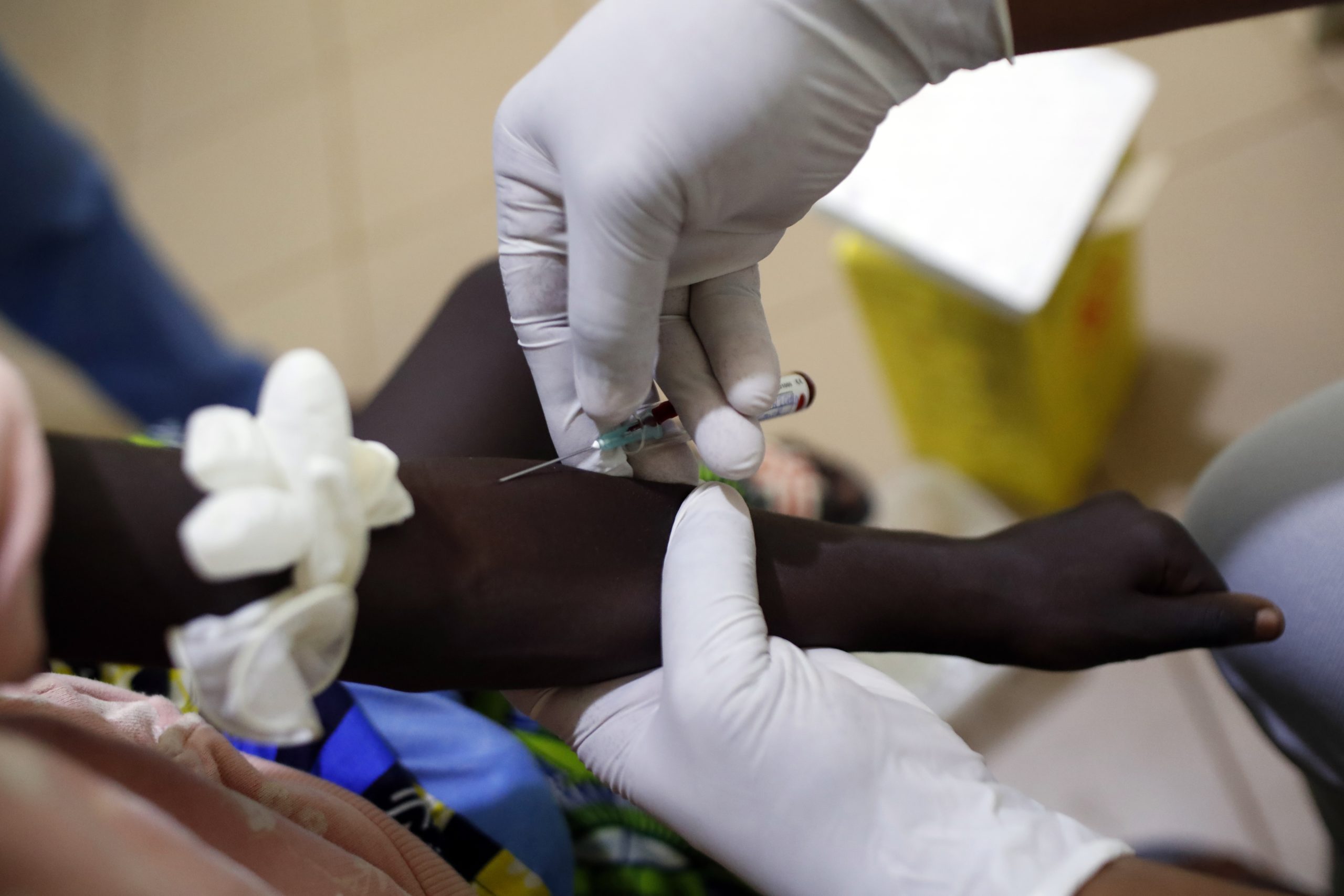The fight against HIV may be on the verge of a monumental breakthrough. While daily pills have proven effective in preventing infection, a new injectable drug called lenacapavir, administered just twice a year, promises to revolutionize HIV prevention and potentially bring us closer to ending the epidemic. This development offers a significant advantage over current methods, addressing the critical issue of adherence and convenience.
The Promise of Lenacapavir: A New Era of Prevention
Pre-exposure prophylaxis (PrEP), the current standard for HIV prevention, has undeniably saved millions of lives since its introduction 13 years ago. However, its effectiveness hinges on consistent daily adherence to medication. Studies show that even in developed countries, many individuals struggle to maintain this daily regimen, leading to gaps in protection. This is where lenacapavir shines. By requiring only two injections per year, it eliminates the daily burden of remembering and taking pills, significantly improving adherence rates and broadening access to preventative care.
Lenacapavir’s extended-release formulation ensures continuous protection against HIV, offering a more reliable and convenient option for individuals at risk. This is particularly crucial in underserved communities and regions where access to healthcare and consistent medication adherence may be challenging.
Addressing Adherence: A Critical Hurdle Overcome
The beauty of lenacapavir lies in its simplicity. For many, remembering to take a daily pill is a significant barrier. Whether due to forgetfulness, busy schedules, or other life circumstances, adherence to daily PrEP can be difficult to maintain. Lenacapavir bypasses this obstacle, offering a discreet and convenient alternative that fits seamlessly into individuals’ lives. This ease of use is expected to dramatically increase the number of people who can effectively protect themselves from HIV, leading to a significant reduction in new infections.
Beyond Convenience: A Potential Turning Point
The introduction of lenacapavir represents more than just an improvement in convenience; it signifies a potential turning point in the global fight against HIV. By simplifying prevention and improving adherence, this innovative drug could play a crucial role in curbing the spread of the virus, especially in vulnerable populations. While further research and widespread implementation are necessary, the promise of lenacapavir offers a renewed sense of optimism in the quest to finally bring an end to the HIV epidemic.
The implications of this new preventative measure are huge, and could contribute to eradicating the virus completely.
Based on materials: Vox





